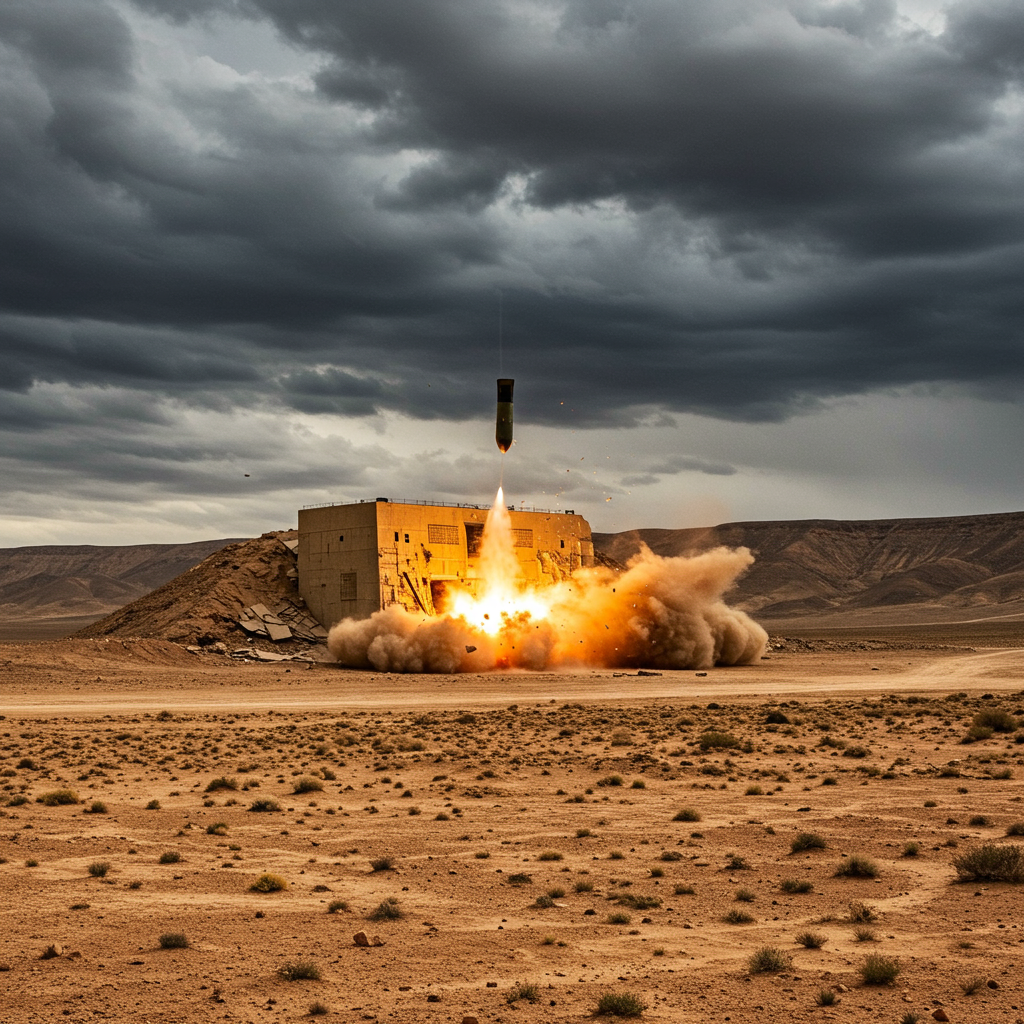Forging Taiwan’s Unity: A Call to Action Against External Threats
President Lai Ching-te is urging Taiwanese citizens to find common ground in the face of external pressure, asserting that unity, regardless of political identification, hinges on a shared commitment: opposing the Chinese Communist Party (CCP) and safeguarding Taiwan’s sovereignty. Speaking in Taoyuan as part of his “10 Talks on the Country” series, President Lai emphasized that this dual focus is the essential foundation for national cohesion.
“You’re not a real advocate of the ROC if you don’t oppose the CCP, and you’re not a real advocate of Taiwan if you don’t safeguard Taiwan,” Lai stated, bridging the gap between those who identify primarily with the name “Taiwan” and those who prefer the official designation, the Republic of China (ROC).
This call for unity is rooted in the Democratic Progressive Party’s (DPP) 2004 Resolution on Ethnic Diversity and National Unity, which encourages mutual acceptance between supporters of both ROC and Taiwanese identities. Lai presented this resolution as the premise for his appeal, highlighting the need for collective resolve.
Evidence of a Shared Stance
To illustrate this potential for unity, President Lai pointed to a significant rally held in Taipei on April 19, organized by YouTuber Pa Chiung under the banner “Reject United Front, Defend Taiwan.” The large-scale event, which drew an estimated 55,000 attendees to Ketagalan Boulevard, served as a powerful display of public awareness regarding the CCP’s efforts to annex Taiwan.
Significantly, the rally saw individuals waving both ROC flags and Taiwan Independence flags stand together, united by the common goal of resisting Beijing’s absorption attempts and upholding Taiwan’s sovereignty. This mobilization occurred shortly after Taiwanese authorities revoked the residence permits of three Chinese women married to Taiwanese who were found to be promoting China’s military takeover of Taiwan through online videos. The rally’s organizers and speakers explicitly linked their efforts to countering lawmakers perceived as “pro-CCP” and supporting ongoing recall campaigns against them, arguing such actions were necessary to defend Taiwan from internal weakening and potential invasion.
A Foundation of Broad Consensus
President Lai further underscored the existence of a broad societal consensus by referencing the “four commitments” articulated by former President Tsai Ing-wen in her 2021 National Day address. These principles include:
Maintaining a free and democratic constitutional system.
The fundamental principle that the Republic of China and the People’s Republic of China should not be subordinate to each other.
Resisting annexation or encroachment upon Taiwan’s sovereignty.
Ensuring that the future of the Republic of China (Taiwan) is decided in accordance with the will of the Taiwanese people.
Lai cited a November 2021 survey by Taiwan’s Mainland Affairs Council indicating that approximately 80 percent of the population backed these commitments, presenting them as the “common denominator” that can bridge internal differences and solidify national purpose.
Channeling Public Opinion: Elections and Recalls
With this broad consensus identified, Lai posed a critical question: How can this powerful public opinion be effectively channeled? His answer pointed towards active democratic participation.
“Through continuous elections and recall votes, through every single ballot cast,” he stated, in remarks widely interpreted as an indirect reference to the unprecedented mass recall efforts targeting 24 opposition Kuomintang (KMT) lawmakers and suspended Hsinchu Mayor Ann Kao scheduled for July 26. These recall campaigns are supported by groups critical of perceived pro-China stances among certain legislators, while the KMT dismisses them as “Malicious Recalls” and politically motivated attacks by the ruling party aimed at undermining the opposition.
Lai used a potent metaphor to describe this process: “Just like striking iron or forging a sword — you must keep hammering to drive out all the impurities, until all that’s left is an iron will to defend our sovereignty and safeguard our democracy.”
Analogy Sparks Political Firestorm
However, this analogy, particularly the reference to “hammering out impurities,” quickly drew sharp criticism from the opposition. New Taipei Mayor Hou Yu-ih of the KMT argued that genuine unity requires tolerance, not treating elected lawmakers or segments of the populace as needing to be removed.
Taiwan People’s Party (TPP) Chairman Huang Kuo-chang described the remark as “chilling,” asserting that the Taiwanese people are the masters of the nation and should not be viewed as “impurities” by their president. He called for clarification and an apology.
In response to the backlash, Presidential Office spokesperson Karen Kuo urged against over-interpretation, clarifying that President Lai’s intention was to emphasize the forging of an “iron will” to defend Taiwan and strengthen national unity against external challenges. She stated that the “refining process” described aimed to create a “united front” of all those who support the Republic of China (Taiwan), oppose the CCP, and identify as Taiwanese, working together to protect the nation.
President Lai’s message underscores the complex task of fostering unity in Taiwan, balancing internal political diversity with the overarching need for collective action against external threats, a challenge highlighted by the differing interpretations of his call to action and the ongoing political tensions surrounding recall efforts.


